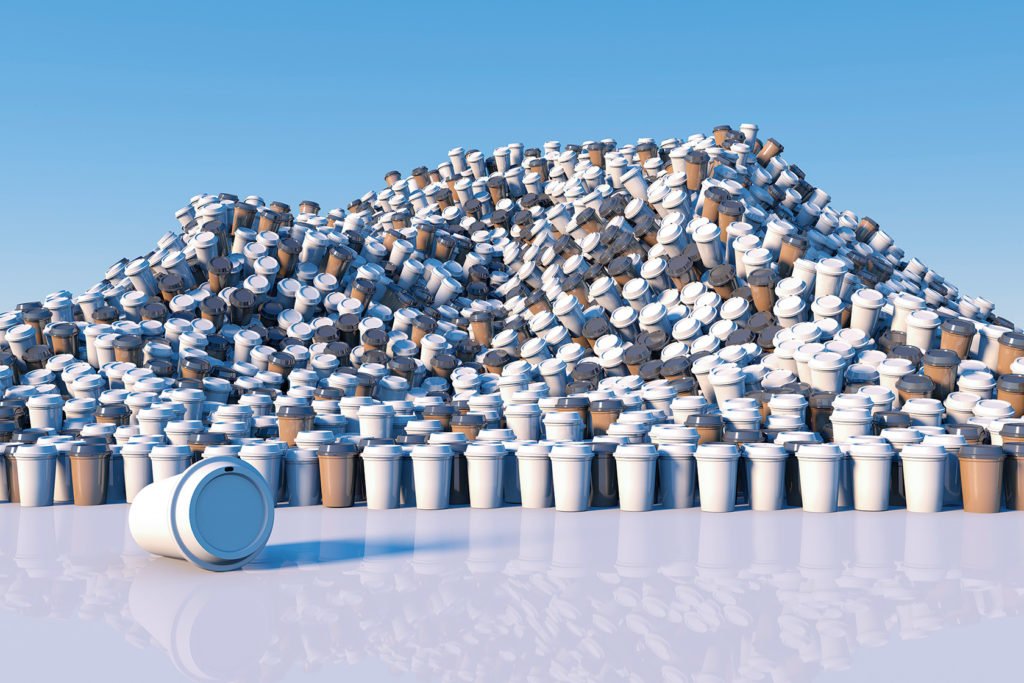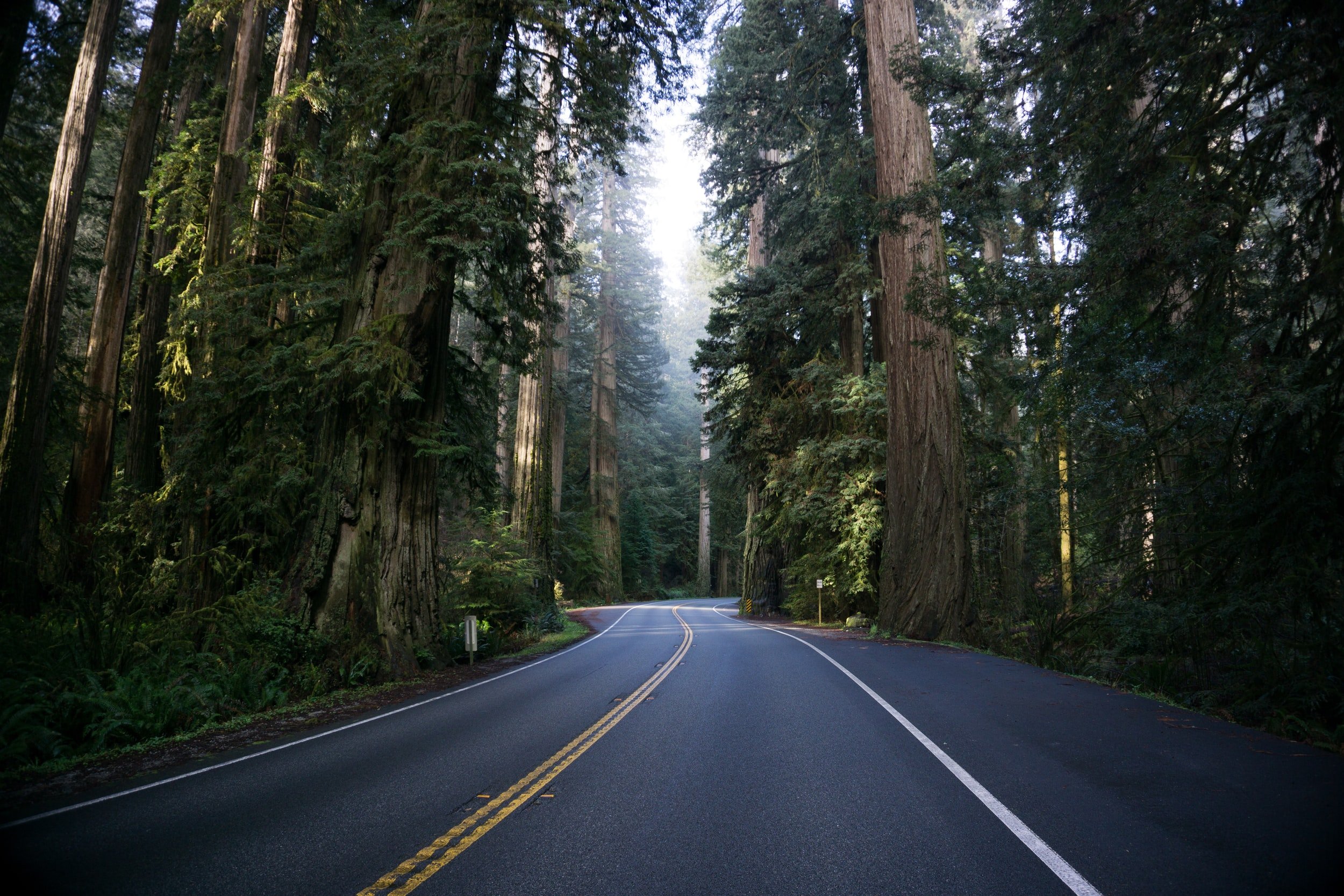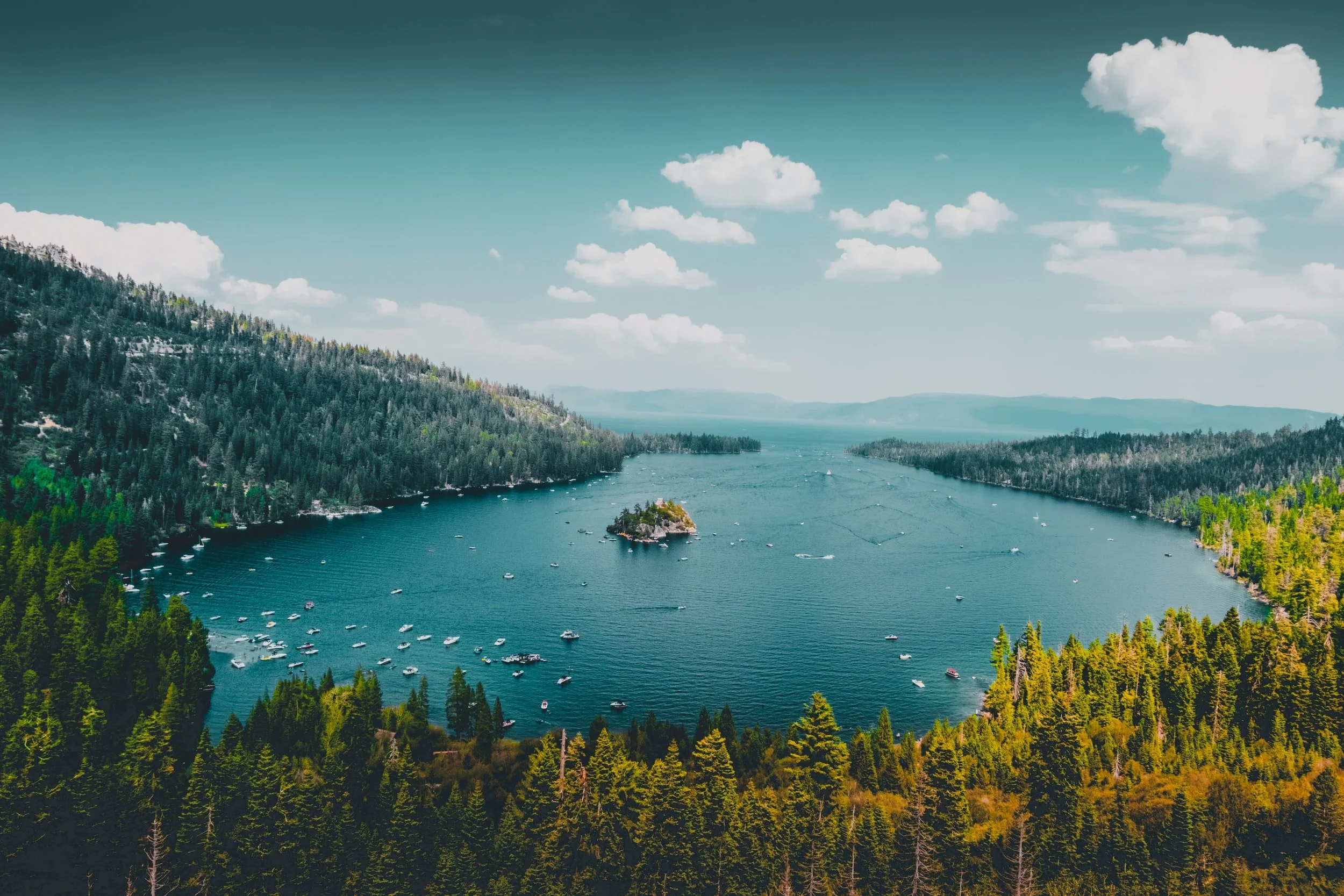
The Problem is Single-Use
With the invention of plastic, a new Use once and Throw Away economy was born. But the problem of Single-Use is not limited to plastics. We live in a world where we produce mountains of trash daily.
With the plastic industry expanding like never before and the crisis of pollution growing, FRONTLINE and NPR investigate the fight over the future of plastics, learn more about plastic wars
Microplastics cover every inch of our world, from the rain forest to Mount Everest (incl Nevada)
they’re even in our lungs, much remains unknown about their impact on our health… listen here
1. Health Risks
Recent studies into water contamination have found microplastics in 83% of tap water samples from major cities around the world and in 93% of samples from the world’s top 11 bottled water brands.
Did you know that on average humans consume the equivalent of a credit card worth of plastic every week from seafood, the air we breathe, and the water we drink?
Microplastics found deep in lungs of living people for first time, learn more here: WEF
Microplastics Found in Human Blood for the First Time, and May Also Be Transported to Organs, learn more here: HPW
Plastic affects public health at all stages. As a petroleum product, the emissions produced from plastic production, including fossil fuel extraction and refining, directly affect communities living near these sites and cause increased risk of respiratory distress, asthma, and even cancer. Once produced, plastic products are often found to contain toxic chemicals, and act as a sponge absorbing more chemicals from the environment. Exposure to these chemicals is linked to cancers, endocrine disruption, impaired immunity, and other health implications.
2. Recycling is Broken
In 1991, the State of Nevada set a goal of recycling 25% and while individual counties are exceeding that figure (Douglas 34%, Washoe 30%, Carson City 29.6%), figures in 2009 show that Nevada as a whole has an approximate 20.3% recycling rate, with plastic waste accounting for just 3% of the waste recycled.
Only about 2.2% of plastic was recycled globaly in 2018. Because making new plastic is cheap and recycled plastic materials tend to be lower quality, there’s less market incentive to recycle. This means plastic waste is often shipped to developing countries that don’t have the infrastructure to manage such an influx of trash, and many are now refusing to take it.
A whopping 91% of plastic is NOT RECYCLED, learn more here: NatGeo
It feels so good to put recyclables in the blue cart, right? But unfortunately, plastic pollution won’t be solved by recycling. For one thing, almost all the high pollution plastic products we find in the environment - pretty much everything besides soda and water bottles - have no value in today’s recycling systems. People can’t make money off them and so they don’t collect it.
3. Environmental Pollution
The fallout from humanity’s addiction to plastics is showing up in the waters of Lake Tahoe. A team from Desert Research Institute have found microplastics at several locations around Lake Tahoe. learn more here: dri.edu
Plastic was introduced in the 1950s as a miraculous material that was cheap, lightweight, and could be thrown away. Now we have realized that there is no “away.” In fact, plastic never actually biodegrades, instead it breaks up into smaller pieces for hundreds of years. All of the plastic we have ever created over the past century still exists today, and much of it is still in our environment. source: wwf.org.au
Our planet is drowning in plastic pollution it’s time for change! learn more here: unep.org
4. Plastics Amplify Our Climate Crisis
The climate impacts resulting from these emissions disproportionately affect overburdened and frontline communities. See video at this link only.one
99% of all plastic is made from fossil fuels. Plastic is directly connected to climate change and it pollutes at every stage: from material extraction to product production to transportation to waste disposal. The production of plastic produces an estimated 1.7 billion metric tons of CO2 emissions globally, and that is only predicted to increase. By 2030, plastic production will emit the equivalent of 295 coal-fired power plants!
source: sciencedirect.com
5. Compostables and Bioplastics aren’t the answer
We assume that brown paper take-out boxes and the bioplastic forks seem better for the environment. After all, it says “compostable” on them. While compostable plastics are sometimes better for the environment than traditional plastics, they are not the answer.
Compostable production often results in greater amounts of pollutants, due to the fertilizers and pesticides used in growing the crops and the chemical processing needed to turn organic material into plastic.
Compostable plastics also require an energy-intensive process, the corn that is often used comes from the wasteful agricultural industry, and if they are not properly disposed of at a facility they enter the environment and can be just as if not more toxic, emitting methane gases which are 24x more toxic than CO2). What’s more, they usually don’t effectively compost, and many composters don’t want them because they degrade the value of the compost.
40% of all plastic waste is from single-use plastic packaging, learn more here: science.org
6. Marine Life
Over 1 million animals including mammals, fish, sharks, turtles, and birds are killed each year from the estimated 100 million tons of plastic debris in our ocean. When mistaken for food by sea life, microplastics kill our local marine life before reaching expected lifespans. If consumed microplastics don’t kill the sea life, they end up on our plates for meals.
Additionally, plastic pollution endangers more than 1,400 species through ingestion or entanglement. From seals stuck in fishing line, to turtles with straws in their noses, to seabirds who starve from bellies full of plastic, plastic pollution is threatening their survival.
“Plastic pollution are major contributors to declines in the world’s fish populations and other aquatic organisms” source: plasticpollutioncoalition.org
News and Data about Plastics in Nevada
Plastic pollution doesn’t care about borders. It is a global challenge that needs a coordinated and globally aligned response.
source: ellenmacarthurfoundation.org
















